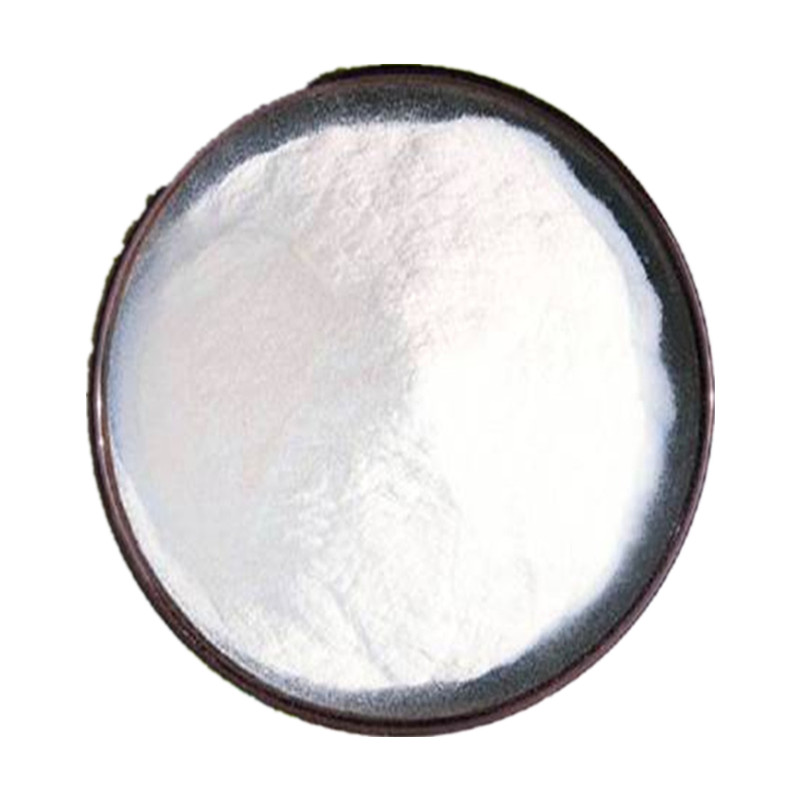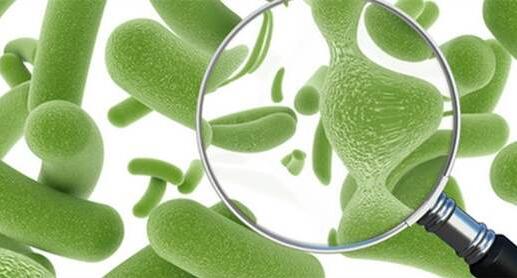Lactobacillus rhamnosus GG (Lactobacillus GG or LGG)
LGG is so good at tolerating stomach acid and bile that it can enter the human gut alive, whereas most other probiotics have already died from the effects of stomach acid and bile before they can get there. LGG can be colonized in the human body for up to two weeks and can effectively improve and regulate the bacterial community of the human gastrointestinal tract, which is very beneficial to human health. The ability to negate human colonization will have a significant impact on the physiological function of a probiotic, whereas most other probiotics cannot be colonized in humans.

LGG has the following functions:
Regulate intestinal flora
After colonizing and multiplying in the human intestinal environment, LGG is only the intestinal epithelial cells attached to the host, which can become a biological barrier of the intestinal mucosa, thus improving the intestinal mucosal barrier capacity of the host. In addition, LGG can regulate the community structure and function of the intestinal microecosystem of the host, and make it reach a balance state, so as to improve the function of the gastrointestinal system of the host. Relevant studies have shown that the adhesion rate of LGG to adults is significantly higher than that of children, mainly because the intestinal environment of adults is more mature and suitable for LGG adhesion. [3]
Improve Immunity Prevention and treatment of diarrhea
The main value
Lactic acid is the main fermentation product of lactic acid bacteria, which can be divided into three types: L-lactic acid, D-lactic acid and DL-lactic acid. Since there is only L-lactate dehydrogenase in the human body, only L-lactate can be metabolized. According to the WHO, the intake of d-lactic acid should not exceed 100mg/kg per person, and D and DL lactic acid should not be contained in food for infants under 3 months of age. Lactobacillus rhamnosus LGG only produces L-lactic acid in the fermentation process, but does not produce other acids that have an impact on the safety and taste of the product. Therefore, the fermented food containing LGG will not cause adverse reactions in people (especially infants), which is of great value.
Currently, LGG products sold in the international market are mainly fermented dairy products, in addition to fresh milk, cheese, baby food, fruit juice, fruit juice drinks and medicine, and have been widely recognized by consumers and medical workers.










